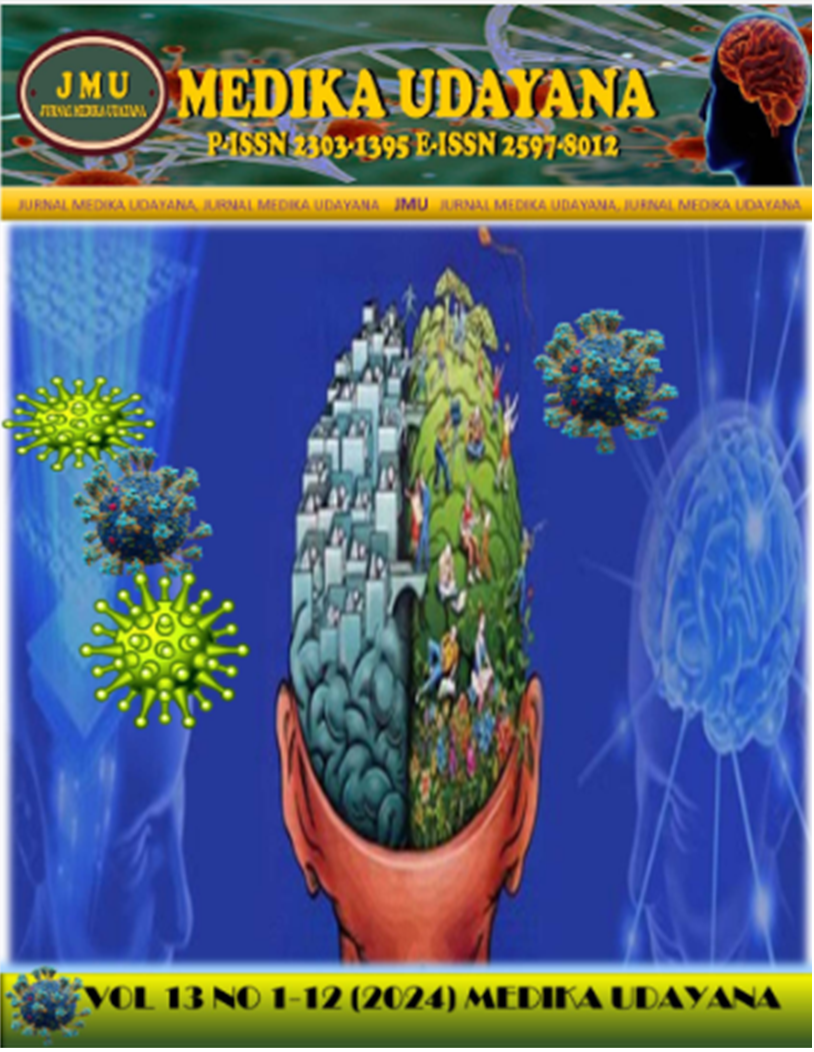The effect OF FERMENTATION TIME BY BACILLUS SUBTILIS STRAIN FNCC 0059 ON THE CONTENT OF PHYTOCHEMICAL COMPOUNDS AND ANTIOXIDANT ACTIVITY IN VITRO FROM UNDIS BEAN (CAJANUS CAJAN [L.] MILLSP)
Abstract
Background: Pigeon pea (Cajanus cajan [L] Millsp) is a type of legume rich in phytochemical compounds, phenolic compounds, flavonoids, tannins and anthocyanins. Bacillus subtilis is a microbe with excellent physiological characteristics. This study aims to determine the effect of pigeon pea fermentation by B. subtilis FNCC 0059 on the phytochemical characteristics and antioxidant activity of the extract in vitro.
Methods: The study was a true experimental post test only control group design method. The samples were divided into 6 groups, the control group consisted of a negative control group, 1 ml of 0.1 mM DPPH plus 1 ml of methanol, and the positive control, 1 ml of quercetin solution plus 1 ml of 0.1 mM DPPH and the treatment group with variations in fermentation time of 16 hours. 24 hours, 32 hours and 40 hours, 1 ml of sample plus 1 ml of 0.1 mM DPPH (1:1). The data were analyzed using a data processing application and One Way Anova method.
Results: The levels of total phenols, flavonoids and tannins increased highest at 24 hours of fermentation, while anthocyanins at 16 hours of fermentation. The best antioxidant activity test was at 40 hours of fermentation.
Conclusion: Fermentation duration has no effect on the phytochemical characteristics and antioxidant activity of the extract.
Keywords: Antioxidant activity, Phytochemical Compounds, Pigeon pea, Effect of fermentation time, Bacillus subtilis FNCC 0059.











